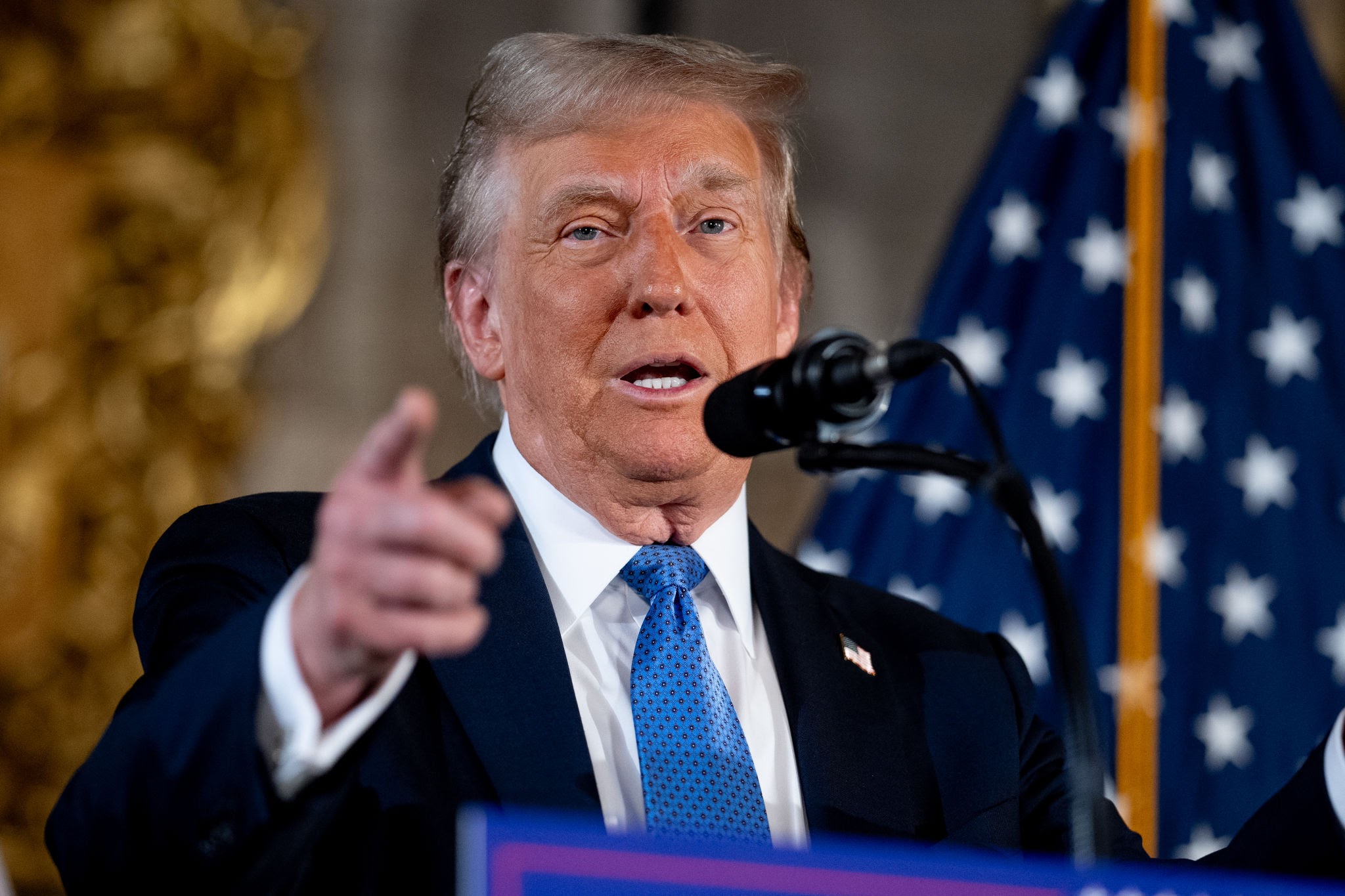
The sudden suspension of the US Agency for International Development has plunged hundreds of thousands of Kenyans into a state of uncertainty and fear.
For many, the agency’s projects were lifelines, offering essential support in healthcare, education and economic development.
With the abrupt cessation of these vital programmes, approximately 40,000 direct and indirect employees now face an unsettling future, alongside countless others dependent on contractor engagements tied to USAID initiatives. The ramifications of this decision are profound.
Numerous non-governmental organisations that relied on USAID funding now confront mass job losses and life-threatening changes for patients who depended on crucial health services.
Programmes that were instrumental in maintaining the well-being of countless Kenyans—ranging from maternal health to HIV/AIDS treatment— are now at risk, leaving a significant void in the healthcare landscape.
The abrupt closure of such vital programmes represents a massive blow to Kenya’s health infrastructure. The suspension was ordered by the US President Donald Trump administration, leaving the agency’s website blank except for a notice stating that all USAID direct hire personnel would be placed on administrative leave as of February 7, 2025.
Essential personnel responsible for mission-critical functions will continue working.
However two-thirds of international staff are being recalled to the United States, effectively ending USAID’s operations in Kenya.
For nearly 60 years, USAID has been a cornerstone of development in Kenya, focusing on strengthening institutions, preserving natural resources and improving lives through healthcare and economic opportunities.
The abrupt cessation of these efforts has led to widespread panic among those in the NGO sector, particularly in health initiatives.
Martin Kariuki, a CEO of a Nairobi-based NGO, expressed concern for his 15 employees who are now on hold due to funding cuts.
This decision impacts not just their livelihoods but also the care of 1,400 HIV patients under his organisation’s supervision.
These patients relied on the NGO for treatment adherence, nutritional guidance, and access to ARV drugs funded through PEPFAR, which is also affected by USAID’s disbandment.
Another affected entity is a gay care clinic in Kisumu, heavily dependent on USAID funding for providing safesex education and health services to the LGBTQ+ community.
The clinic has supported around 2,000 individuals with critical HIV care products. The impending closure raises serious concerns about the health and safety of sexual minorities in the region.
Rachel Mwikali, who runs a grassroots lobby in Mathare advocating for queer rights, lamented the decision’s impact on access to safe sexual and reproductive health services, particularly for women.
“This is another assault on women and sexual minorities,” she said, highlighting the ongoing femicide crisis in Kenya.
The loss of USAID support not only jeopardises jobs but also represents a significant setback in access to essential health services.
While some organisations, such as Haki Yetu, report no direct impact from the disbandment, others, like Vocal Africa, express concern about the ripple effects within the civil society sector.
Hussein Khalid of Vocal Africa noted that the interconnected nature of community work means that the loss of funding for one organisation could affect many others.
The financial implications are staggering. According to the 2023 USAID Kenya report, the agency invested approximately $436 million (Sh56.3 billion) in aid during the 2022-2023 fiscal year, addressing critical issues such as drought.
With the agency’s suspension, the future of numerous health, security and environmental programmes hangs in the balance.
As of January 24, 2025, Kenya had secured $359.2 million (Sh46.4 billion) in humanitarian aid for 2024.
While this figure is lower than the $440.5 million (Sh56.9 billion) received in 2023, it still represents a significant financial contribution aimed at addressing some of the country’s most pressing humanitarian challenges.
The US government was the largest donor, contributing $207 million (Sh26.7 billion), or 58.8% of total donations, followed by the United Kingdom and South Korea.
The suspension of USAID represents a significant setback for Kenya, jeopardising livelihoods and health services that many communities depend on.
This abrupt cessation of support threatens to destabilise various sectors, exacerbating vulnerabilities and fostering uncertainty.
As essential programmes halt, the reliance on international aid is called into question, highlighting potential gaps in humanitarian leadership.
While there is a glimmer of hope for alternative support mechanisms, the immediate outlook remains grim, endangering the sustainability of crucial health and development initiatives vital for Kenya’s progress.














